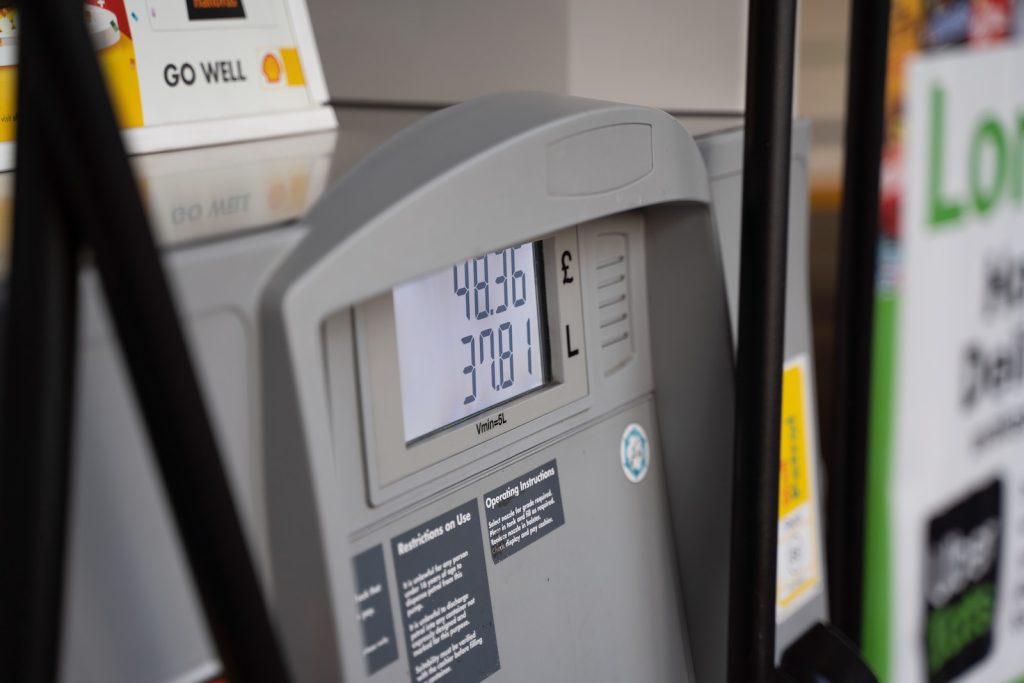Understanding the Complex World of Retail Fuel Prices and Participants
The retail fuel market is a complex and ever-changing landscape, with numerous players and factors influencing the prices we pay at the pump. From the oil companies that produce the fuel to the gas stations that sell it, there are many moving parts that contribute to the final price we see on the sign. But really – gas prices: who sets them?
The Basics of Retail Fuel Pricing
Before we dive into the players, it’s important to understand the basics of how retail fuel prices are determined. The price of fuel is primarily influenced by the cost of crude oil, which is the main ingredient in gasoline and diesel. This cost is determined by global supply and demand, as well as geopolitical factors such as production cuts and sanctions.
Once the cost of crude oil is established, it is then refined into gasoline and diesel and transported to various distribution points. From there, it is sold to retailers, who then add their own costs and profit margins before selling it to consumers.
The Players in Retail Fuel Pricing
Now that we have a general understanding of how retail fuel prices are determined, let’s take a closer look at the key players involved.
1. Oil Companies
The first and most obvious player in the retail fuel market is the oil companies. These are the companies that extract, refine, and sell the fuel to retailers. Some of the major players in this space include ExxonMobil, Chevron, and BP.
2. Refiners
Refiners are the companies that take crude oil and turn it into gasoline and diesel. They play a crucial role in the retail fuel market as they determine the quality and quantity of fuel available for sale. Refiners also have a significant impact on the price of fuel, as they can adjust their production levels to meet demand and influence the overall supply of fuel.
3. Distributors
Distributors are responsible for transporting the fuel from refineries to retailers. They play a critical role in ensuring that fuel is available at gas stations and other retail locations. Distributors also have a direct impact on the price of fuel, as their transportation costs are factored into the final price.
4. Retailers
Retailers are the final link in the retail fuel chain. These are the gas stations and convenience stores where consumers purchase fuel. Retailers set their own prices based on a variety of factors, including the cost of fuel, competition, and operating expenses. They also have the ability to offer discounts and promotions to attract customers.
5. Government
Last but not least, the government also plays a role in retail fuel pricing. Taxes and regulations imposed by federal, state, and local governments can significantly impact the final price of fuel. For example, some states have higher fuel taxes, which can result in higher prices at the pump.
So, who sets Gas Prices?
The world of retail fuel pricing is a complex one, with many players and factors at play. From the oil companies that produce the fuel to the retailers that sell it, each participant has a role in determining the final price we pay. By understanding these players and their influence, consumers can make more informed decisions when it comes to purchasing fuel.
More information: https://www.opisnet.com/blog/demystifying-retail-fuel-prices-and-players/


Pingback: Understanding the Factors Behind the Rising Cost of Gas